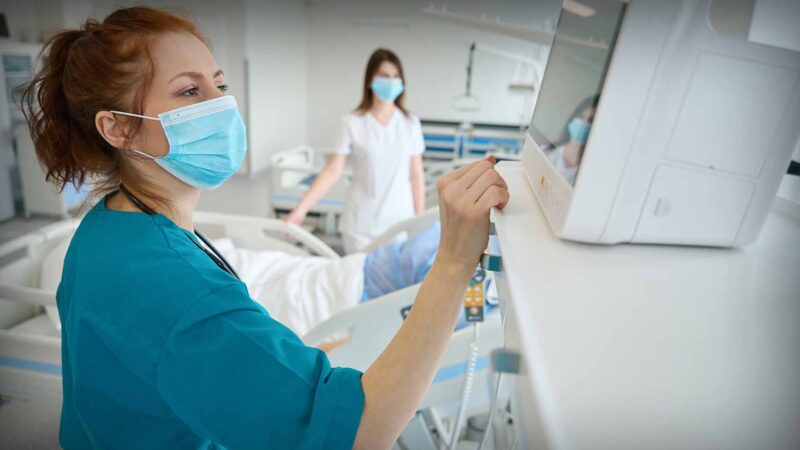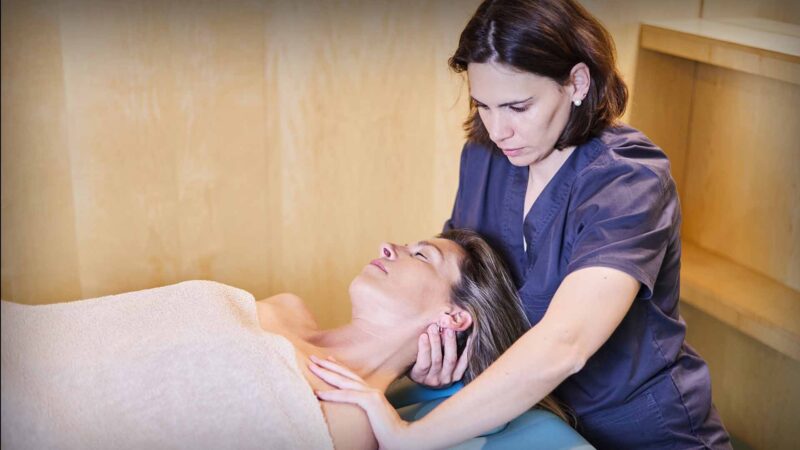In recent years, the orthodontic sector has been growing rapidly due to success in B2C marketing and companies like Invisalign reaching the consumer, but there has also been a lack of knowledge sharing among general dental practitioners and specialists.
General dentists require mentorship and guidance from orthodontists to feel confident in providing orthodontic treatment to their patients, ultimately improving the quality of care in the community.
Dr Geoffrey Hall’s passion for orthodontics has led him to become an international lecturer and form the OrthoED Institute to educate others. Dr. Geoffrey Hall emphasises the importance of continuous learning in the field of orthodontics, highlighting his own journey of pursuing orthodontic training at the University of Pennsylvania and ongoing commitment to staying updated in the field.
Dr Halls says, “Specialists should mentor their colleagues in Orthodontics, including general dentists, to help them gain confidence and provide better orthodontic care to their patients, especially in areas where specialists are not readily available.”
Dr Hall sees general dentists being able to perform up to 70% of orthodontic treatments, highlighting the need for them to have the knowledge and skills to meet patient demand. This is a significant opportunity when considering the majority of the consumer public trust their dental professional.
In this interview with Australian Health Journal, Dr Hall talks about his passion for teaching having started various study clubs to improve knowledge in orthodontics and general dentistry.
Dr Hall talks about imparting knowledge and educating peers. He sees the value of continuous learning and sharing information within the orthodontic community.
Based on this philosophy and having commenced 5 years ago, the OrthoED Institute offers both face-to-face and live-streamed orthodontic training programs, providing mentoring, support, and hands-on experience to participants regardless of their location or circumstances.
The OrthoED Institute aims to teach general dentists sound orthodontic principles to give them the knowledge and confidence to treat patients with conventional orthodontics, including fixed appliances, early treatment, and aligner therapy.
To illustrate the success in the sector, the OrthoED Institute received the Australian Dental Industry Award, or ADIA, for the best emerging manufacturer or service provider in the dental industry. The recognition continues to motivate Dr Hall to improve the Institute’s courses and services for dentists in Australia and New Zealand.
You Might also like
-
Ensuring stringent quality standards in the lifecycle of medical devices
Dr Jasjit Baveja is the Associate Director of Policy at the Medical Technology Association of Australia (MTAA), where she oversees regulatory affairs, clinical code of practice, procurement, industry policy, reimbursement, and advocacy. With over 20 years of experience in the medical device regulatory space, Dr Bavej’s expertise lies in providing educational opportunities for regulatory professionals in Australia to ensure continuous learning and professional development. She collaborates closely with the Therapeutic Goods Administration (TGA) to run workshops that provide invaluable experience, networking opportunities, and skill enhancement.
-
Improving access to osteopathic services and integrated care models
The Chief Executive Officer of Osteopathy Australia, Antony Nicholas spoke with Australian Health Journal about:
– Involvement in the Strengthening Medicare Task Force
– The unique skills osteopaths have that can address the chronic disease burden
– Current workforce issues around osteopaths and if enough are coming through via student placements
– How uploading data to My Health Record by osteopaths could assist team-based care of patients
– How the value of osteopaths in Residential Aged Care Facilities (RACFs) could be better understood and better access for residents
– The recommendations around aged care access to allied health services, including osteopathy
– The recommendations around consumer access to osteopaths and GP referrals
– Other osteopathy recommendations in the upcoming Federal BudgetIn the lead up to the Australian Federal Budget in May 2023, Australian Health Journal reached out to peak health industry bodies to hear about their priorities, either noted in pre-budget submissions lodged with Federal Government in January 2023 or in recent forums such as the Strengthening Medicare Taskforce.
-
Research funded to investigate early-onset bowel cancer progression
Bowel Cancer Australia recently announced a team led by Professor Michael Samuel as the successful applicant for a three-year $600k early-onset bowel cancer research project through the 2023 round of Cancer Australia’s Priority-driven Collaborative Cancer Research Scheme (PdCCRS).



